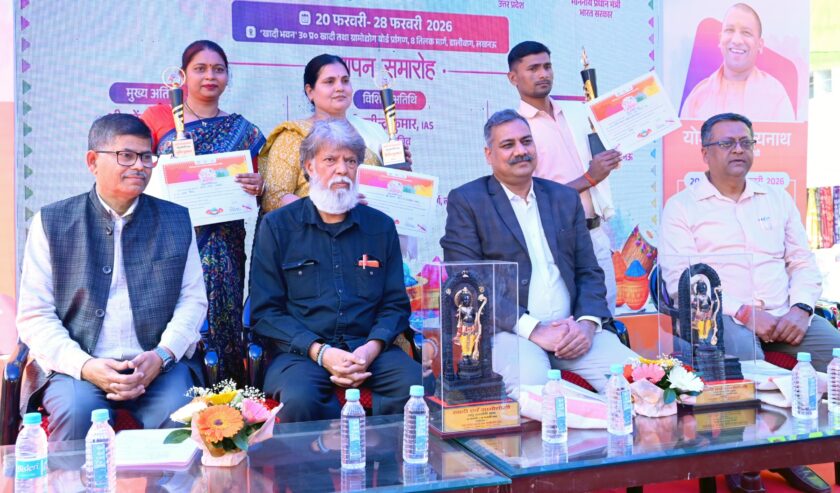Paradip: Paradip Port Authority (PPA’s) remarkable journey has reached new heights with the recent record-breaking achievement of clocking incredible 145.38 MMT cargo throughput in FY 2023-24 and thus-by nudged passed Deendayal Port, Kandla to emerge as the highest cargo handling major port of the country. For the first time in the 56 years history of operation, PPA has surpassed previous records, set by Deendayal Port. Paradip Port has also recorded growth of 10.02 million metric tonnes (7.4%) of traffic on YoY basis.
During the financial year the Port has achieved highest ever coastal shipping traffic of 59.19 million metric tonnes, with a growth of 0.76 million metric tonnes i.e. 1.30% over the previous year. The thermal coal coastal shipping has reached 43.97 million metric tonnes i.e. 4.02% over the previous year cargo handling. Thus, the Paradip Port is emerging as a hub for coastal shipping in the country.
Paradip Port has been able to improve its berth productivity to 33014 MT from 31050 MT of previous financial year, thus registering 6.33% growth. The berth productivity achieved by Paradip Port is the highest among all the ports of the country. During the financial year, the Port has handled 21,665 numbers of rakes, registering a growth of 7.65% over the previous financial year. During the financial year, the Port has handled 2710 ships, registering an increase of 13.82% over the previous financial year.
Paradip Port has frozen its tariff for cargo handling at the level of 2022 for next 3 years as a part of its business development initiatives. It is to be noted that Paradip Port is the cheapest in terms of tariff among all the port of the country.

Paradip Port, with 289 million metric tonnes rated capacity port as on date, is poised to cross 300 million metric tonnes capacity mark in another 3 years with the commissioning of Western Dock project. The said project will also increase the draught of the port, enabling the port to handled fully laden cape vessels by 2026.
Paradip Port, which has mechanized 80% of the berths as on date, plans to become 100% mechanized by 2030 with the mechanization of existing 4 semi-mechanized berths.









